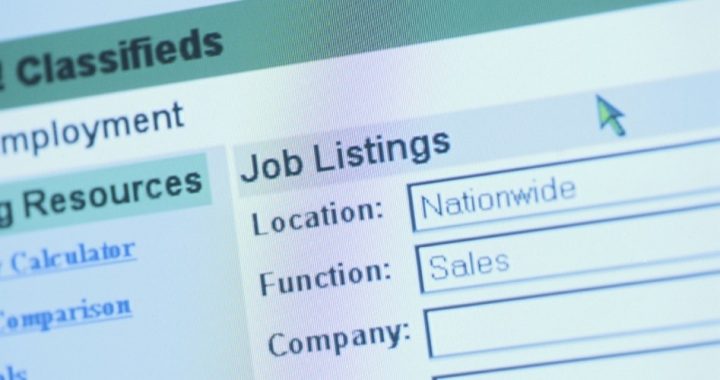
Does a Christian school have the right to hire only Christians? At one time in American history, the answer to such a question would have been obvious. Today, however, a southern California Christian school is suing two former employees in order to preserve its own religious liberty.
In 2009, Calvary Chapel of Thousand Oaks, California, bought the previously secular Little Oaks School, also in Thousand Oaks. According to the Ventura County Star,
While the vast majority of religious schools are nonprofit and tax-exempt, church leaders said they organized Little Oaks as a for-profit because they were on a tight deadline. They said forming a tax-exempt corporation is a lengthy process.
They said the school is operated not as a profit-generating entity but as a spiritual arm of the church. Its students include about 130 children in preschool through fifth grade.
Last year the church “started requiring employees to fill out questionnaires which asked whether they attended church, which church they attended and what the pastor had to say about their beliefs,” reports Los Angeles television station KNBC.
“We’re a Christian school,” the Rev. Rob McCoy, pastor of the church and headmaster of the school, told the Star. “We were coming to the point where we were establishing a Christian curriculum. We wanted to make sure teachers subscribed to that faith.”
Two preschool teachers — Lynda Serrano, who had been employed by the school since 2006, and Mary Ellen Guevara, who was hired in 2011 — refused to cooperate, and their contracts were not renewed. The women threatened to sue the school but said they would settle the case for $150,000 apiece.
Instead of settling, the church turned around and sued both the teachers and the law firm representing them.
Each side in the case has strong legal arguments in its favor.
The former teachers say the California Fair Employment and Housing Act protects their jobs. That law prohibits discrimination on the basis of religion; and while it contains certain exemptions, they are only for nonprofit religious groups. Since the school is a for-profit entity, it cannot claim an exemption from the law. In a statement, the women’s attorneys called the school’s lawsuit a desperate attempt to “avoid the consequences of their illegal and discriminatory practices.”
The school, on the other hand, claims that the free-exercise clauses of the U.S. Constitution and California constitution, Supreme Court decisions, and civil-rights laws guarantee them the liberty to hire solely Christian teachers.
Writes the Star:
“Under federal law, you can’t sue the school because religious schools are exempt,” said [constitutional lawyer Alan] Reinach.
“Religious schools have to be allowed to make faith-based decisions. That’s basic to religious freedom.”
The case could involve the reluctance of federal courts to make religious liberty decisions that overturn laws that affect all citizens, said Alan Brownstein, a Harvard-educated law professor at UC Davis. On the other hand, lawyers could cite a Supreme Court decision that prohibits the government from interfering with a congregation’s decision to pick a minister, rabbi or imam.
“This is kind of a gray area,” he said.
The church and school’s lawyer, Richard Kahdeman, told the paper, “The question is ultimately, do the nondiscrimination rights of the teachers under state law trump the religious rights of the school under federal law?”
The problem, in fact, is even more fundamental than that. The church’s right to free exercise of its faith pre-exists federal law and even the federal government itself. The government can either leave that right alone (“Congress shall make no law … prohibiting the free exercise thereof”) or infringe upon it; it cannot grant it. The “right” not to be discriminated against, by contrast, is a privilege granted by the government and, furthermore, is an infringement not just of religious freedom but of property rights, forcing employers to spend their money on the labor of individuals they would otherwise not choose to employ. If two rights — one God-given and one state-given — come into conflict, the one granted by the state ought to give way to the one granted by God.
How the case will turn out is anyone’s guess. But the Rev. McCoy had it right when he told the Star that if the former teachers prevail, “any for-profit company that is owned by a religious organization will not have the religious freedom to exercise their beliefs.” Some businesses owned by Christians have discovered that this is already the case under ObamaCare and various other federal and state laws.
The Little Oaks case is undeniably important. But even if it is decided in the school’s favor, religious freedom — and property rights — will still be far from secure in the land that once declared that humans are “endowed by their Creator” with “unalienable rights” to liberty and the pursuit of happiness.



